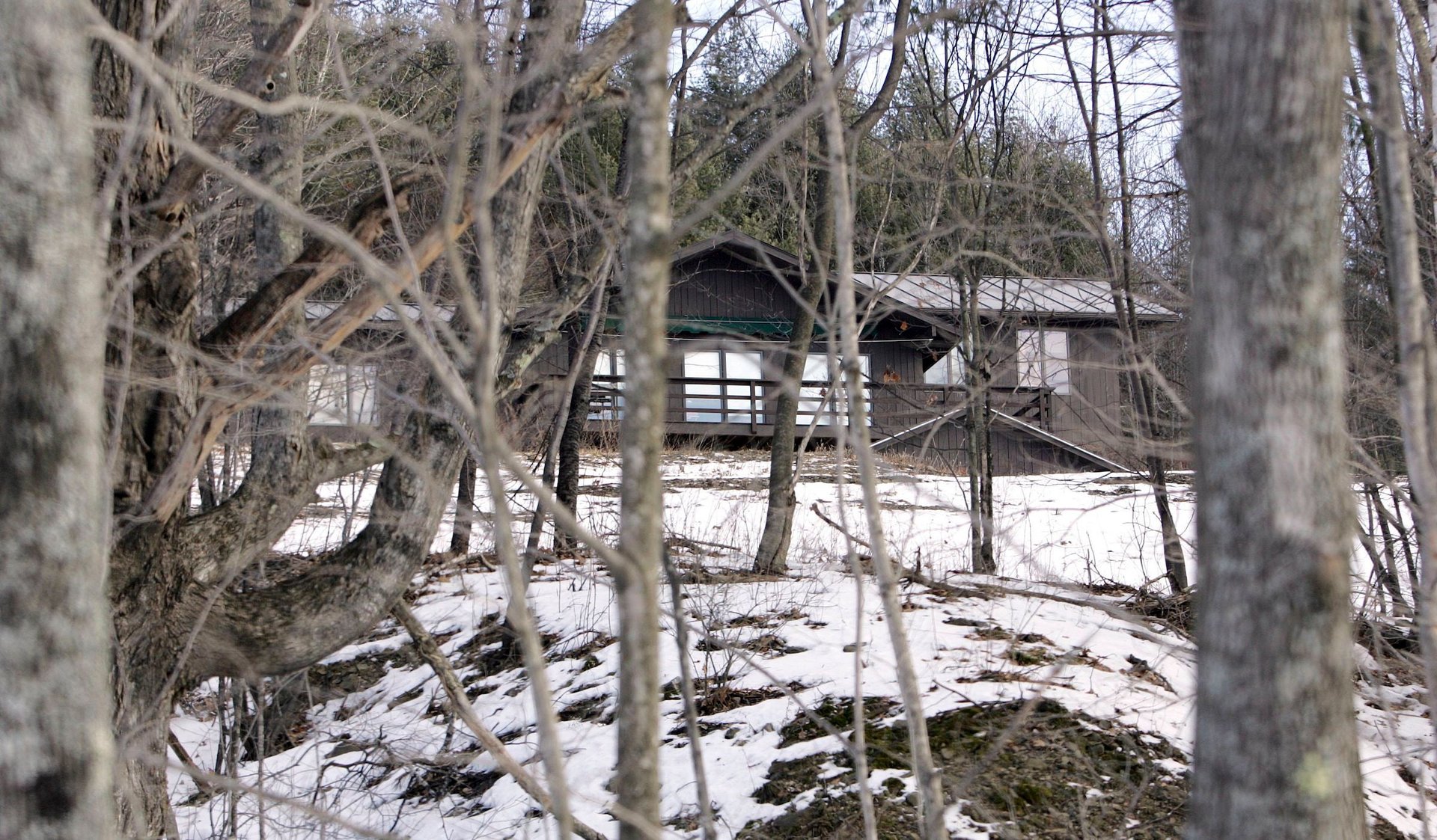The leak of three unpublished stories has cheated J.D. Salinger’s estate out of untold millions
A cache of three unpublished stories from the late American author and eccentric recluse, J.D. Salinger, was leaked online on Thursday (Nov. 28). Despite his well-known intention to withhold publication of any further works until at least 2015, the stories, “Birthday Boy,” ”Paula,” and ”The Ocean Full of Bowling Balls,” are now available to anyone with an internet connection.


A cache of three unpublished stories from the late American author and eccentric recluse, J.D. Salinger, was leaked online on Thursday (Nov. 28). Despite his well-known intention to withhold publication of any further works until at least 2015, the stories, “Birthday Boy,” ”Paula,” and ”The Ocean Full of Bowling Balls,” are now available to anyone with an internet connection.
Previously, the works were held in select research libraries at Princeton University and the University of Texas. The leak robbed his estate and publisher from what would have been a huge literary event and business opportunity—the long awaited return of Salinger to publishing. Salinger’s classic The Catcher in the Rye, which has sold 65 million copies in 30 languages, and has never been out of print is worth hundreds of thousands of dollars in royalties per year, alone. It still sells a quarter of a million copies annually. Salinger’s literary agent, Phyllis Westberg, once told a court that any sequel to The Catcher in the Rye would likely receive an advance of $5 million, and the worth of his unpublished manuscripts is speculated to be tens of millions of dollars. However, there’s no way of knowing exactly how much money the estate may have generated from publishing the stories, had the leak not occurred.
“Likely it’s incalculable. They had the right to contain this for Salinger’s life plus 70 years,” US entertainment and publishing lawyer, Lloyd Jassin told Quartz, “and all rules of how to calculate the damages would be out the window because this would not have been a normal publishing contract.” To date, Salinger’s publisher, Little, Brown and Company has made no statements about the leaked stories nor has the J.D. Salinger Literary Trust, the entity that now controls the rights to his work. Lawyers representing the trust didn’t immediately respond to requests for comment.
Ultimately, according to Jassin, the estate’s interest in the leak isn’t primarily financial. “It’s in controlling first publication. This is a painful blow to an estate which has had a firm hand, not just on the copyright, but on right of publicity, controlling access and the manner in which Salinger has been depicted in the media. This is more about control. The fact that the gatekeepers who were charged with controlling access have had their thunder taken away.”
Salinger had been conflicted about money, and in particular, about monetizing his works. His now estranged daughter has written that he saw anyone (including her) who asked him for money or payment (like his copyright lawyers) as a parasite. But in the ’50s, Salinger reportedly was concerned that his work wouldn’t be sufficient to support his family after he died. At that time, he considered leaving his daughter and wife the unsold movie rights to his work “as a kind of insurance policy,” because he said: “there’s an ever-looming possibility that I won’t die rich.” True enough, the estate, depending on the taxes levied upon his death, could be facing a big tax bill.
Salinger was glad that further monetization of his work could only happen after his death, to which he said, “I won’t have to see the results of the transaction.”